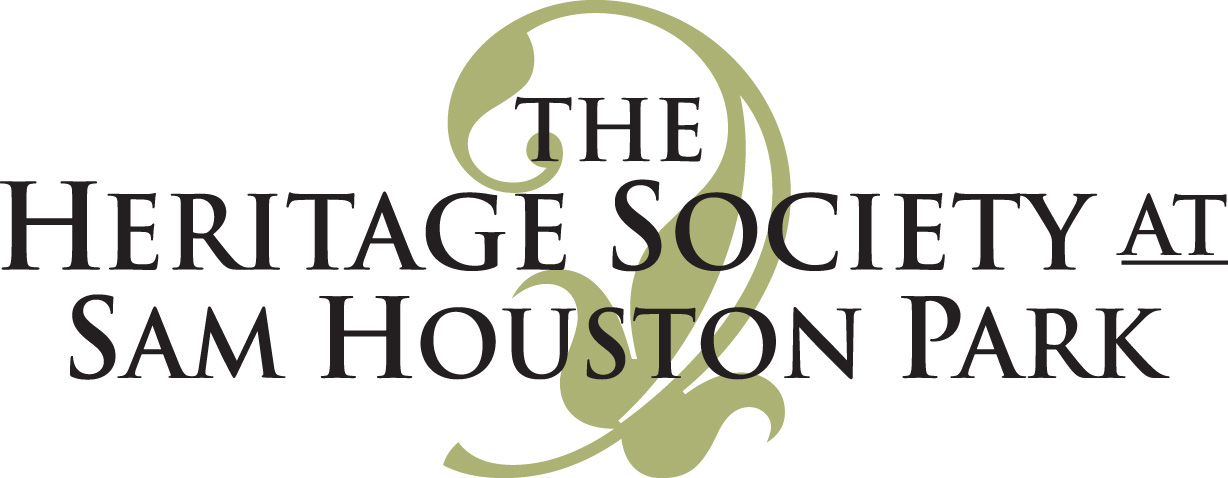SEE INTERESTING PLACES
See Interesting Places (SIP) is an adventure series that highlights Houston’s most fascinating sites through guided tours led by subject matter experts. Participants explore architectural and cultural landmarks beyond the Heritage Society’s Sam Houston Park campus, uncovering the stories behind each building’s original design, use, and preservation challenges.
A Curated Champagne and Caviar Experience at the Trone-Howe House
Wednesday, October 8, 2025
6:00 - 6:45 p.m. Champagne and caviar reception sponsored in part by Madame Zero
6:45 - 8:00 p.m. Curated tour and book signing by Stephen Fox, author of The Architecture of Birdsall Briscoe
Chairs: Celebrated interior designer Bill Stubbs and his partner, noted philanthropist Kurt Grether, bring their signature style and gracious spirit to The Heritage Society as event chairs, championing the preservation of Houston’s rich cultural legacy.
River Oaks District. Valet Parking provided. Books available for sale at reception.
About the Trone-Howe House
Designed in 1959 by Birdsall P. Briscoe, the Trone-Howe House is a graceful example of Southern Colonial architecture. This residence was the final home Briscoe designed before retiring, showcasing his refined sensibility and mastery of proportion.
As one of The Heritage Society’s original founders, Birdsall Briscoe imbued this house with his deep ties to Houston’s cultural and architectural legacy. Every detail reflects his commitment to beauty, function, and storytelling through design.
Join us for an intimate evening of discovery. Tour the home’s period features, learn about Briscoe’s design philosophy, and celebrate the legacy he helped build.
Who Was Birdsall Briscoe?
Birdsall Parmenas Briscoe (June 10, 1876 – 1971) was a leading American architect whose career shaped much of Houston’s early- to mid-20th-century residential landscape.
Early Life and Education
Briscoe was born in Harrisburg, Texas, into a family deeply rooted in the region’s pioneer history. He was the grandson of Andrew Briscoe and great-grandson of John R. Harris, founder of Harrisburg. After growing up on his parents’ ranch near Goliad, he attended San Antonio Academy, Texas A&M University, and the University of Texas.
Career Highlights
Trained under C. Lewis Wilson and Lewis Sterling Green before opening his own practice in Houston in 1912.
Formed a brief partnership with Lewis Sterling Green (1909–1911) and later with Sam H. Dixon Jr. (1922–1926).
Shared office space with Maurice P. Sullivan from 1919 until his retirement in 1955.
Designed iconic homes in Courtlandt Place, Broadacres, Shadyside, and the nascent River Oaks subdivision—many of which are now listed on the National Register of Historic Places2.
Architectural Style and Legacy
Briscoe mastered a range of historical revival styles—from Georgian-Revival to Cotswold and Italianate—always emphasizing disciplined composition, harmonious proportions, and scholarly detailing. His work helped frame Houston’s social and architectural identity during the city’s boom years. As one of The Heritage Society’s original founders, he poured that same commitment to historical narrative into the Trone-Howe House, his final residential design before retiring.









